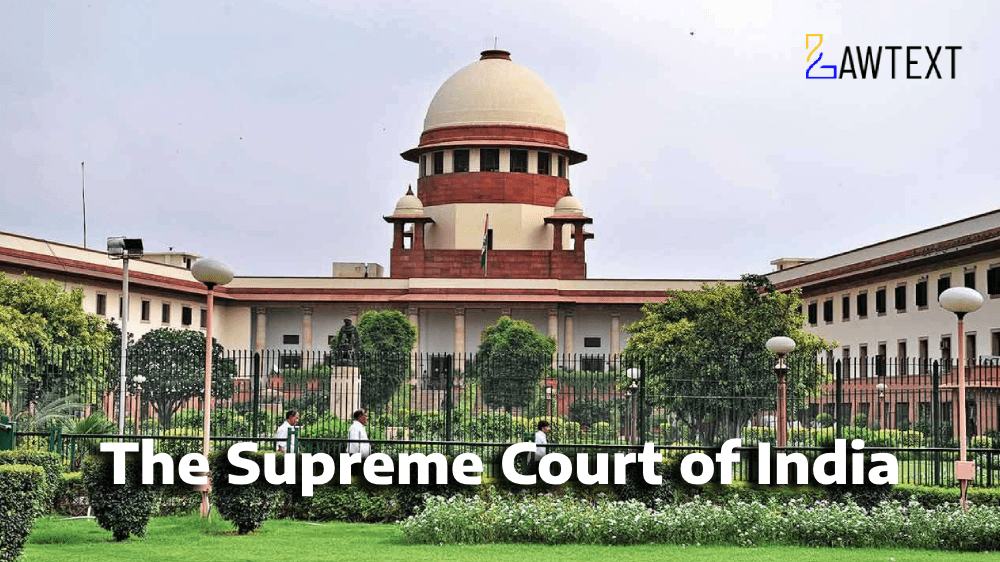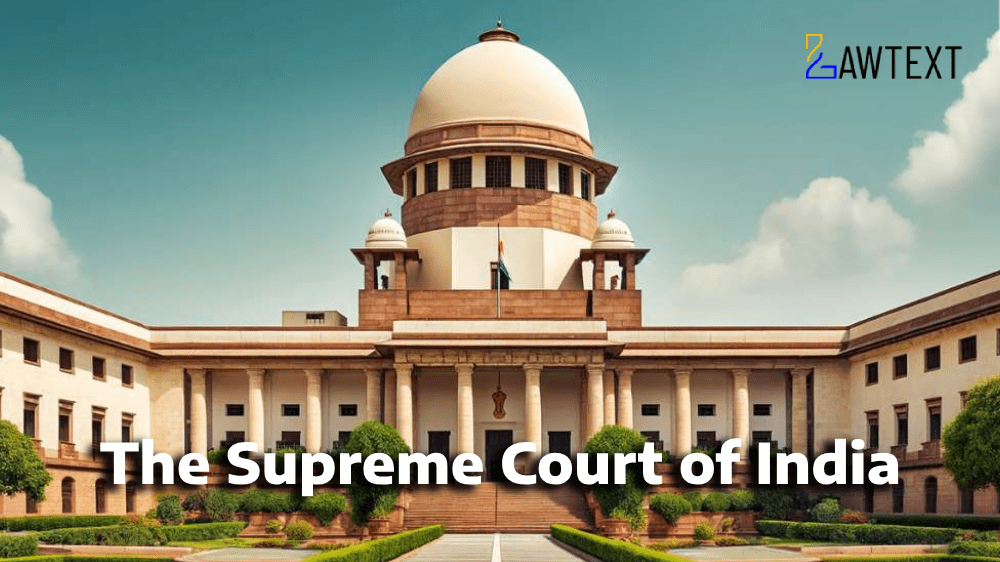Case Note & Summary
The Supreme Court, in this partition suit appeal, ruled that the remarriage of Chiruthey extinguished her rights over her first husband's property under Section 2 of the Hindu Widow's Remarriage Act, 1856. Chandu, the plaintiff, sought partition of property inherited through his mother, Chiruthey. However, the court found that she had no valid title to the property after her remarriage. The appeal was allowed, setting aside the High Court’s judgment, and confirming the First Appellate Court's dismissal of the suit. The plaintiff's claim was invalid as the property belonged to Sankaran and Nangeli, the rightful heirs.
1. Background:The case arises from a suit for partition filed by Thiyyer Kunnath Meethal Chandu in 1985, claiming 8/20 shares in a property in Kozhikode, Kerala. Chandu and the defendants (appellants) are the successors of two uterine brothers, Chandu and Sankaran, who inherited their rights through their mother, Chiruthey.
2. Legal Framework and Property Deeds:The case traces several property transactions dating back to 1900, including mortgage and lease deeds. The core issue was whether Chiruthey, having remarried after the death of her first husband, retained any right to the property.
3. Appellate Court Findings:The First Appellate Court found that under Section 2 of the 1856 Act, Chiruthey lost any right to her deceased husband Madhavan’s property upon remarrying. The High Court, however, upheld the partition, relying on the validity of various deeds, including a lease deed executed by Chiruthey.
4. Supreme Court’s Decision:The Supreme Court overturned the High Court ruling, stating that:
Loss of Rights: Under the 1856 Act, Chiruthey’s remarriage extinguished her rights to Madhavan’s property. Deeds’ Validity: While some transactions were valid as they involved other rightful heirs (Nangeli and Sankaran), Chiruthey had no title to convey any property after remarriage. Plaintiff’s Claim: The plaintiff, Chandu, had no legal right to claim the property through his mother, as her status was limited to that of a lessee, not an owner. 5. Conclusion:The Supreme Court allowed the appeal, confirming the First Appellate Court's dismissal of the partition suit. The High Court’s ruling was set aside, and the plaintiff's claim was denied due to the loss of property rights stemming from the remarriage of his mother, Chiruthey.
6. Costs:The Court concluded without any order on costs, and pending applications were disposed of accordingly.
Issue of Consideration: KIZHAKKE VATTAKANDIYIL MADHAVAN (DEAD) THR. LRS. VERSUS THIYYURKUNNATH MEETHAL JANAKI AND ORS
Premium Content
The Issue of Consideration is only available to subscribed members.
Subscribe Now to access critical case issues







